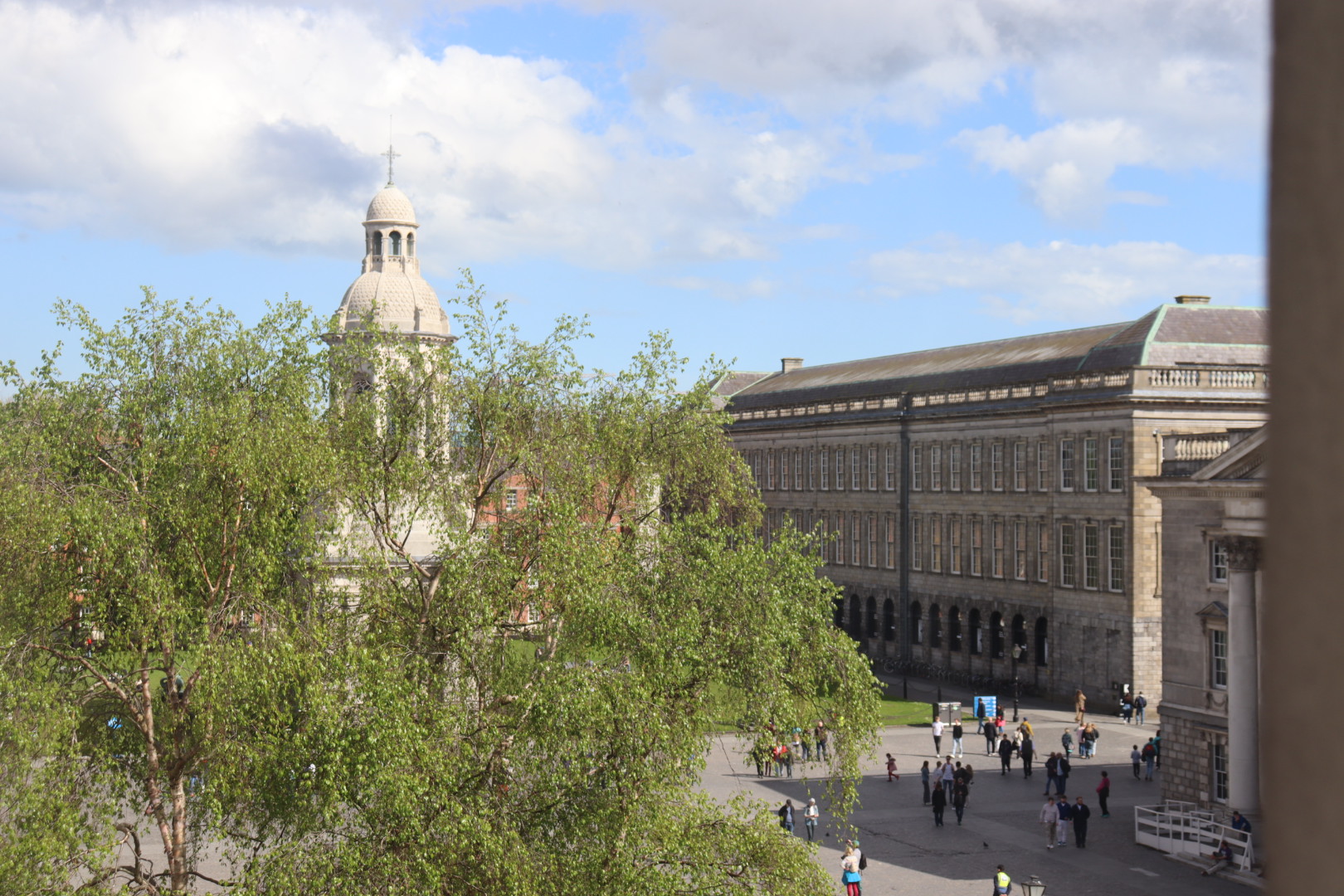Maggie Grant is a Paralympic athlete. She represented her country at the 2000 Paralympic Games in Sydney, taking home an unexpected gold medal in boccia as part of a team that took home nine medals in total. She is outspoken, yet reflective, appreciating just how much it means to be a Paralympic gold medalist but insistent that Paralympic sports merit far greater public attention. On the day of the Games, she spoke to Jack Leahy about London 2012 and where the Paralympic games stand.
Are people going to be watching the Paralympics?
It depends from year to year, because the awareness is still not quite out there that Paralympic athletes dedicate the same amount of time and effort to their sport as able-bodied athletes. Hopefully it’ll continue to get better in that regard but it’s not perfect.
If people are watching, unfortunately it likely won’t be with the same investment as the Olympics. Why is that?
There are a lot of reasons. For one thing, RTE won’t be showing as much of the Paralympics as they did the Olympics – they only ever seem to care when there’s a medal at stake. That shouldn’t be the case and it’s totally wrong. I really wish people would make them change the way they broadcast the Games. The athletes that I saw in Sydney had even more severe impairments than me, but they put in as much training hours as an able-bodied athlete despite that, and they deserve equal coverage too. Unfortunately, that’s not the case.
What needs to change for the Paralympic Games to be seen on equal terms?
Mainly funding. Big-name able-bodied athletes from across the world have access to sponsorship, and even athletes only starting out can avail of some support. We don’t get that; we have to raise a lot of the support money ourselves and our families have to make massive monetary sacrifices to help us get to the games. The Paralympic Council can help, somewhat, but the funding to them needs to be increased if we’re ever to compete on similar terms.
Is it a matter of equal rights?
Yes. As a former Paralympic athlete, to see the ‘Blade Runner’ (South Africa’s Oscar Pistorious) being permitted to compete at the able-bodied Games is a massive boost, because it makes audiences sit up and look out for talents emerging in the Paralympics. Maybe in few Olympics’ time athletes like him will be competing with the winning times. It has to happen eventually; Paralympic athletes are drug-tested as rigorously, we watch our diets as strictly, we abstain from alcohol, and we get up early to train all day. There’s no physical break and there’s no mental break. We’re the same.
How hard is it for an athlete with a disability to achieve a world-class standard?
It’s so hard, because you can face so many difficulties day-to-day. Athletes with severe disabilities can find it hard to travel, and many disabled athletes find it hard to sustain energy. It’s very hard to get the same benefit from a training session as an able-bodied athlete would, but it’s not for a lack of trying. Even for those who were athletically-inclined previous to life-changing injury or illness, the massive life adjustment can make everything difficult and competition isn’t always the primary concern.
Are Paralympic sports viewed as inferior?
In 2000, Sonia O’Sullivan won a silver medal and the country went crazy with delight, because she was able-bodied. Our Paralympic team members who went out two weeks later as underdogs because no one expected much from us – and people were blown away. Records were broken, athletes with limb impairments were swimming faster than people had ever seen, and throwers with ‘weak’ arms were nearing able-bodied standards.
What really blew me away was blind judo. The athletes were totally blind and relying on the sound of buzzers. They were so professional! I was amazed. There were times when people with their level of disability wouldn’t have been expected to live full lives and their potential for achievement wouldn’t have even been acknowledged, but here they were achieving so highly. It was amazing.
What do you want to see from these games?
Equal rights, equal training commitments, equal sponsorship, and most importantly equal identity to able-bodied athletes. I’d love to see more countries, more athletes take part. All the attention will be on Great Britain, and I hope the country puts on as good a show as they did a few weeks ago. I hope and pray that the spectators will come alive even more for their Paralympic athletes than they did for their able-bodied athletes. The support was so touching and it’d mean so much to see it repeated.
How frustrating is it to be perceived as secondary?
I love my sport. I always worked my ass off – and we’re all entitled to respect on equal terms. I can’t stress this enough. It’s very frustrating when people switch off the TV and complain that there’s nothing to watch after the Olympics are over.
Lastly, what are your memories of being a Paralympian?
We won five golds, and three in my sport. It was special. My most fond memories involve coming home: we weren’t even off the plane home and there were so many people there to greet us, press included. We were straight on the Late Late Show with Pat Kenny that Friday – we were exhausted and our bodies just needed to recharge but it was very much worth it.







